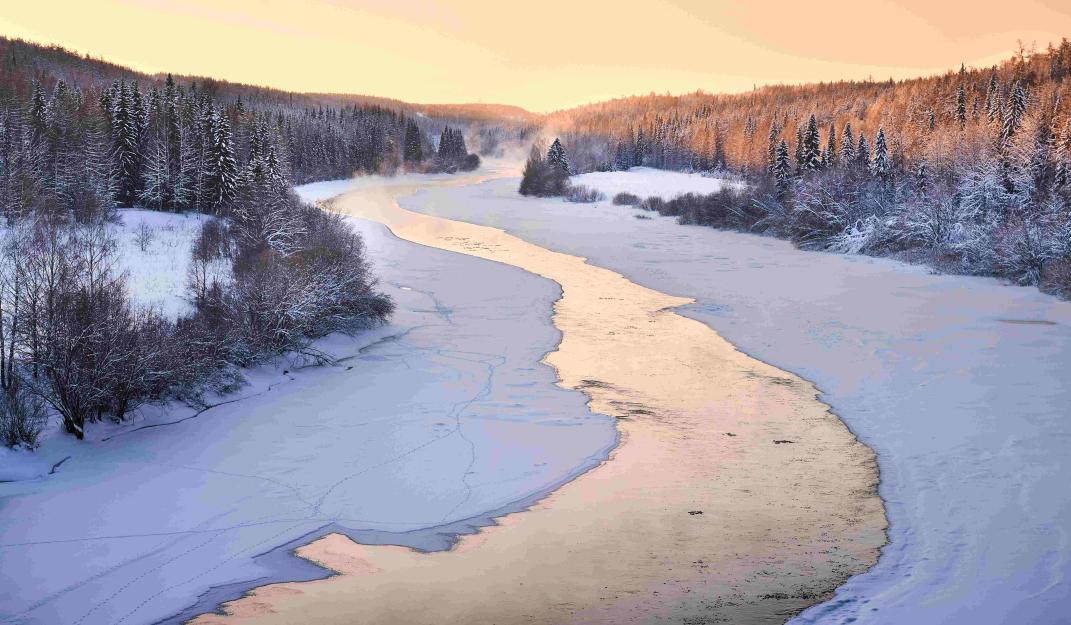Wildfire adaptation in the Russian Arctic : A systematic policy review

A scientific consensus acknowledges that climate change has increased wildfire activity in the Russian Arctic, a trend projected to continue in response to further warming. Regional governments across Russia have started to design and develop adaptation policies and plans (i.e. outputs) to this end. Our comprehensive understanding on the state of wildfire adaptation in policy is limited. In this article, researchers from Wageningen University systematically review policies and plans developed to adapt to wildfires in the Russian Arctic. Their findings indicate that wildfire adaptation outputs are aimed at reducing the risk of wildfires and improve wildland fire response, implemented through legislative and regulatory mechanisms, developed at the regional level, adopted in response to national mandates, and mainstreamed into existing forest management policies. The authors find that, although there is evidence of wildfire adaptation planning occurring in the Russian Arctic, the nature and extent of wildfire adaptation outputs are not sufficient to address the seriousness and severity of climate change, with key shortcomings found in relation to the scientific, human, and management characteristics. They argue that expanding the profile of climate change research in the Russian Arctic and improving the dialogue among researchers, local and Indigenous peoples, and decision-makers are critical for providing useful recommendations for policy makers to accelerate wildfire adaptation in the Russian Arctic.
Read the full article.



